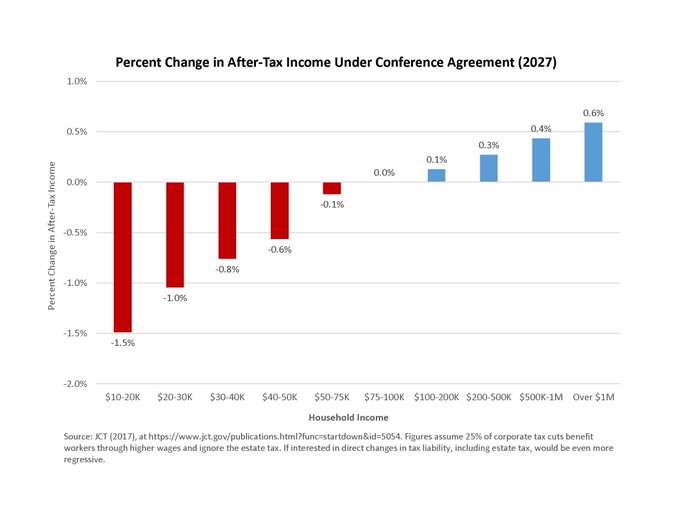Now the serpent was more crafty than any of the wild animals the Lord God had made. He said to the woman, “Did God really say, ‘You must not eat from any tree in the garden’?”
2 The woman said to the serpent, “We may eat fruit from the trees in the garden, 3 but God did say, ‘You must not eat fruit from the tree that is in the middle of the garden, and you must not touch it, or you will die.’”
4 “You will not certainly die,” the serpent said to the woman. 5 “For God knows that when you eat from it your eyes will be opened, and you will be like God, knowing good and evil.”
6 When the woman saw that the fruit of the tree was good for food and pleasing to the eye, and also desirable for gaining wisdom, she took some and ate it. She also gave some to her husband, who was with her, and he ate it. 7 Then the eyes of both of them were opened, and they realized they were naked; so they sewed fig leaves together and made coverings for themselves.
8 Then the man and his wife heard the sound of the Lord God as he was walking in the garden in the cool of the day, and they hid from the Lord God among the trees of the garden. 9 But the Lord God called to the man, “Where are you?”
10 He answered, “I heard you in the garden, and I was afraid because I was naked; so I hid.”
11 And he said, “Who told you that you were naked? Have you eaten from the tree that I commanded you not to eat from?”
12 The man said, “The woman you put here with me—she gave me some fruit from the tree, and I ate it.”
13 Then the Lord God said to the woman, “What is this you have done?”
The woman said, “The serpent deceived me, and I ate.”
14 So the Lord God said to the serpent, “Because you have done this,
“Cursed are you above all livestock
and all wild animals!
You will crawl on your belly
and you will eat dust
all the days of your life.
15 And I will put enmity
between you and the woman,
and between your offspring and hers;
he will crush your head,
and you will strike his heel.”
Talking animals are a commonplace in folk tales -- viz Aesop and Bre'er Rabbit. But people don't take them literally. One would seriously doubt that the ancient Hebrews thought any of this was literally true. After all, they could see for themselves that snakes can't talk.
But that is hardly the only oddity in this. God is not omniscient. Indeed, he depends on the ordinary physical senses of his apparently quite ordinary body for basic information. If he didn't happen to be walking in the garden and see the man hide, and hear the man tell him that he was ashamed of his nakedness, he never would have known about the consumption of forbidden fruit.
Even stranger is the question of why God doesn't want the people to know good from evil. If he thinks it's not good to be naked in front of him, then presumably he would want the people to know that. If it's better for them not to know, then they're going to around naked all the time, which is presumably bad, right? And why did God put the tree there in the first place? Oh, by the way, he also made the serpent, so the whole thing appears to be a setup.
It's interesting that whoever thought up this incoherent drivel intuited that snakes had once had legs and had lost them, presumably because all other animals have legs. Today there are some 3,000 species of snakes. Their ancestors indeed had legs. Scientists have wondered whether snakes first evolved on land or in water. The oldest fossil of a snake without legs dates to about 85 million years ago, and it lived on land. Older fossils of snakes, however, retain remnants of legs. Modern humans, of course, did not appear until 85 million years later, more or less. So there must be some other reason why snakes evolved their legless bodies.

.JPG/350px-U.S.-Tax-Revenues-As-GDP-Percentage-(75-05).JPG)
